Recycled-Nylon6 – Crude-oil-impact 08-03-2022 - Arhive
Recycled-Nylon6 – Crude-oil-impact
Aquafil to collect Fishing Gear and Nets in collaboration with Salmon de Chile and Atando Cabos S.p.A. to recycle Nylon 6 Material for reuse
Goals of the partnership are to protect the oceans from ghost nets and reduce the carbon footprint of the salmon industry in Chile
ARCO, ITALY, MARCH 4, 2022 – Aquafil S.p.A. [ECNL IM] has entered into an agreement to collaborate with the Salmon de Chile, the Chilean Salmon Marketing Council and Atando Cabos S.p.A, a cleantech organization focused on recycling plastics to help preserve the ecosystem of Patagonia. Recycled-Nylon6 – Crude-oil-impact
The goal of the partnership is to collect and recycle old aquaculture fishing nets that currently pose a massive waste challenge for the industry.
According to the World Wildlife Fund, salmon aquaculture is the fastest growing food production system in the world, accounting for 70% (2.5 million metric tons) of the market. Southern Chile supplies almost a third of all farmed salmon across the globe. In recent years the government and salmon industry in Chile have made strides to ensure socially responsible salmon farming.
The collaboration with Aquafil is another step to decrease pollution, reduce the industry’s carbon footprint, and ensure that as much material used in the processes are upcycled and not contributing to the waste stream. The partnership is based on a four-year work plan that will include the collection, recycling, measurement, and reporting processes that will make this effort successful.
“At Aquafil we are committed to a more sustainable, circular economy and this partnership is an expansion of our ability to collect, recycle, and regenerate different nylon waste into ECONYL® that will be used to create beautiful products such as swimwear, bags, shoes, clothing, carpets, furniture, automotive parts, and more.
We will be establishing operations in Chile with an investment of €10 million and creating approximately 30 jobs,” says Giulio Bonazzi, CEO and chairman of Aquafil Group. Recycled-Nylon6 – Crude-oil-impact
“This operation in Chile will be focused on working to recover and recycle all nylon 6 from fishing gear, nets and other waste across Chile and potentially the rest of South America in collaboration with industry and government leaders.”
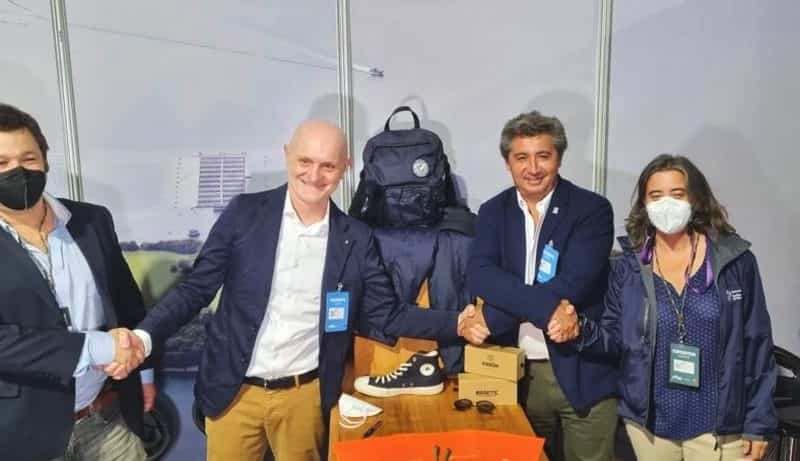
-Closed Loop Partners Leads Consortium of Investors in Acquiring Sims Municipal Recycling (SMR)
SMR manages several municipal recycling programs including the largest municipal recycling contract in North America-NYC’s contract.
The Closed Loop Leadership Fund, L.P., a New York City-based private investment fund managed by Closed Loop Partners (CLP), has led a consortium of investors, including the Partnership Fund for New York City, in acquiring a majority stake in Sims Municipal Recycling (SMR). Recycled-Nylon6 – Crude-oil-impact
The acquisition is expected to further modernize circular economy infrastructure and service in the New York-New Jersey Metro region and Florida, as well as expand SMR’s best-in-class operations into new markets.
SMR currently operates four recycling facilities across the New York–New Jersey metro region and Florida, including its Brooklyn materials recovery facility (MRF), which is the largest dual stream recycling facility in North America. SMR also manages the long-term New York City residential recycling contract, which is the largest municipal recycling contract in North America.
The investment in SMR is expected to accelerate the recovery of valuable commodities, including plastics, paper, metal and glass, diverting them from landfills and returning them to manufacturing supply chains. In the coming years, SMR’s expansion is expected to create additional local jobs in the recycling and manufacturing sectors. Recycled-Nylon6 – Crude-oil-impact
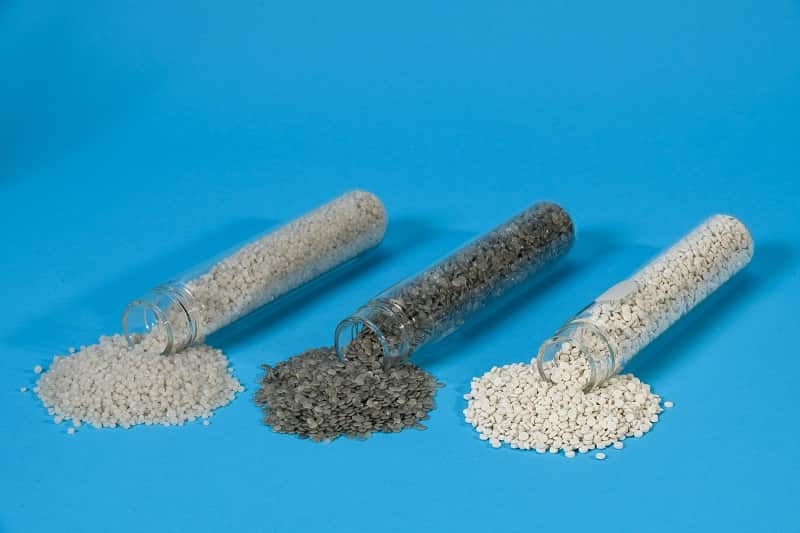
-Pioneer Natural’s CEO estimates oil to hit USD200 per barrel
According to Scott Sheffield, the chief executive of Pioneer Natural Resources which is the largest shale oil corporation in the US, if Russian oil and gas are prohibited international crude oil costs might skyrocket up to USD200 a barrel.
According to what a news agency had reported of Sheffield’s statement, he mentioned that, “the only way to stop Putin is to ban oil and gas exports,” further adding that, “[but] if the Western world announces that we’re going to ban Russian oil and gas, oil is going to go to USD200 a barrel, probably – USD150 to USD200 easy.” Recycled-Nylon6 – Crude-oil-impact
Sheffield cautioned that the US is going to be incapable of duplicate Russian crude supply in 2022, emphasizing that the additional increase in production would take many months for America’s shale oil patch.

-Impact of surging international crude oil on PP market
Returning from the Spring Festival holiday in 2022, PP futures and spot market shows a “V” trend, and the inflection point occurs at the time of the conflict between Russia and Ukraine. Recycled-Nylon6 – Crude-oil-impact
Since late February, the conflict between Russia and Ukraine has escalated to military action, international crude oil has continued to soar. On Mar 3, WTI futures rises to $114/barrel, a new high since October 2018, and Brent crude oil rises to $117/barrel, the highest level since June 2012.
Driven by the surge in crude oil, China domestic commodities generally soar. Currently, the PP May futures contract breaks a new high for the year, and spot price also rises. On Mar 3, mainstream traders offer for homo PP raffia at 8,850-8,950yuan/mt in East China. Recycled-Nylon6 – Crude-oil-impact
Although PP spot price rises, from the perspective of market transactions, there is obvious resistance to the increase in spot price, downstream is reluctant to purchase high-price materials and hedgers procures for arbitrage.
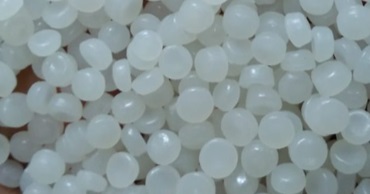
-NFY demand recovers in order, but hard to expand intensively
After the Spring Festival, nylon 6 industrial chain has quickly rebounded after a short rise, as its upstream CPL processing spread has been compressed to a low level in the past two years. Until the strong rise of crude oil, CPL market has rebounded in the beginning of March 2022. However, players in both upstream and downstream of the industrial chain are still very cautious. Recycled-Nylon6 – Crude-oil-impact
For nylon textile filament market, the changing geopolitical conflicts have caused more uncertainties of the oil price trend, so the cost side is not clear; the repeated pandemic has also hindered the recovery of production in the textile bases after Spring Festival, and fabric mills see their orders plain ever since. There is no particularly strong driving force from the cost side or the demand side, though the market is recovering step by step.
After the Spring Festival, COVID-19 cases in Suzhou, Jiangsu not only directly paused the resumption of work in the textile centers including Shengze, but also caused a high level of prudence in the resumption of work in nearby regions including Wuxi and Changzhou. It became increasingly difficult in recruiting workers. Combined with the expected slowdown in demand growth in 2022 and the uncertainty of raw materials, the progress of the resumption in various fabric bases has been delayed compared with the same period of previous years. Recycled-Nylon6 – Crude-oil-impact
Compared with the lunar calendar time, the operating rate of Zhejiang &Jiangsu circular knitting looms, Fujian lace mills, and Guangdong warp knitting mills is 2-8% lower than that of the same period last year, and the run rate of Wujiang water-jet spinning and Guangdong circular knitting loom is 11% lower than last year.
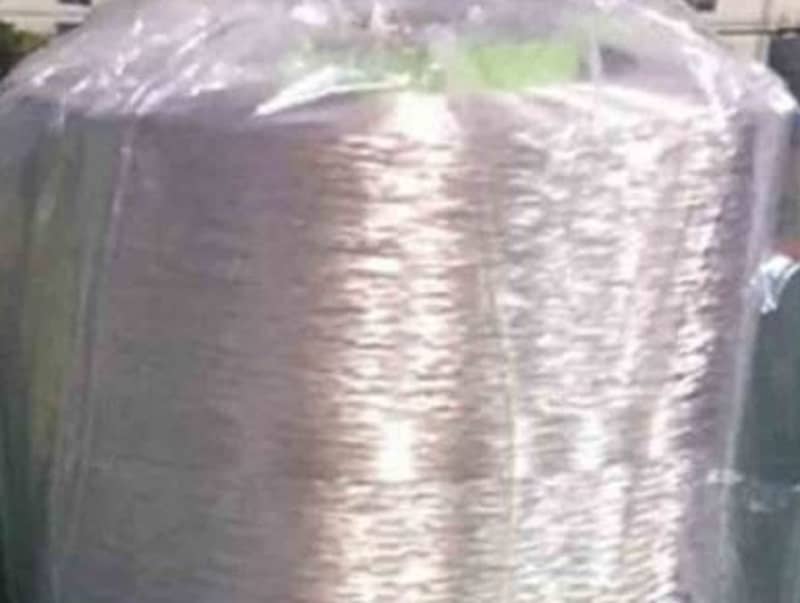
There are three kinds of recycling — biological, mechanical, and chemical. However, most recycling innovations enable a transition to a fully circular model that circulates plastics in an endless loop, where our dependence on fossil fuel resources is continually reinforced. Recycled-Nylon6 – Crude-oil-impact
Plastics were once considered a revolutionary material that would replace natural, scarce products. It wasn’t until the 1960s that plastic pollution was first recorded in the ocean by scientists studying plankton.
— Consumers’ throwaway mentality, individual carbon audits, pledges to curb single-use plastics, upcycling and zero-waste lifestyles are being touted as solutions, while petrochemical industries continue with business as usual.
— In January 2022, the Ministry of Environment, Forest, and Climate Change (MOEFCC) issued the new Extended Producer’s Responsibility (EPR) rules that specify the quantity of waste to be managed by producers, importers and brand owners who generate plastic packaging waste.
Devayani Khare
Plastics today are blighted, as their impact on the environment has now been exposed. But it was not always so. In 1869, the first synthetic polymer named celluloid – marked the transition from natural, exploitative products such as ivory, tortoiseshell and horn, to inexpensive, human-manufactured materials. In 1907, the first fully synthetic non-flammable plastic, bakelite, was developed.
During World War II, as the availability of metal, wood, glass, and paper dwindled, plastic production increased. Synthetic plastics offered unimagined advantages over traditional materials. Plastics replaced the bonding agent in the plywood construction of military planes and were used for many aircraft parts. Vinyl plastic-based paints and varnishes provided a protective coating for military craft, both in air and on water. Nylon replaced silk in ropes, parachutes, body armour, and helmet liners. Acrylic sheets also known as plexiglass were used instead of glass in aircraft windows. Buttons, batons, radios, razors, toiletry containers and cockpit housings – plastics were everywhere. Recycled-Nylon6 – Crude-oil-impact
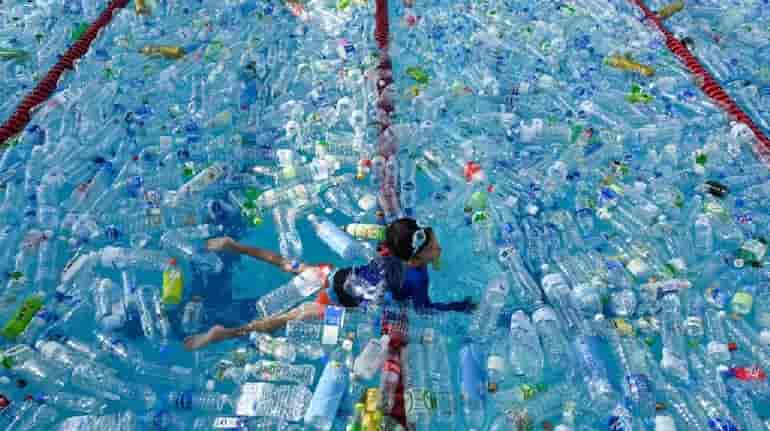
Recycled-Nylon6 – Crude-oil-impact
